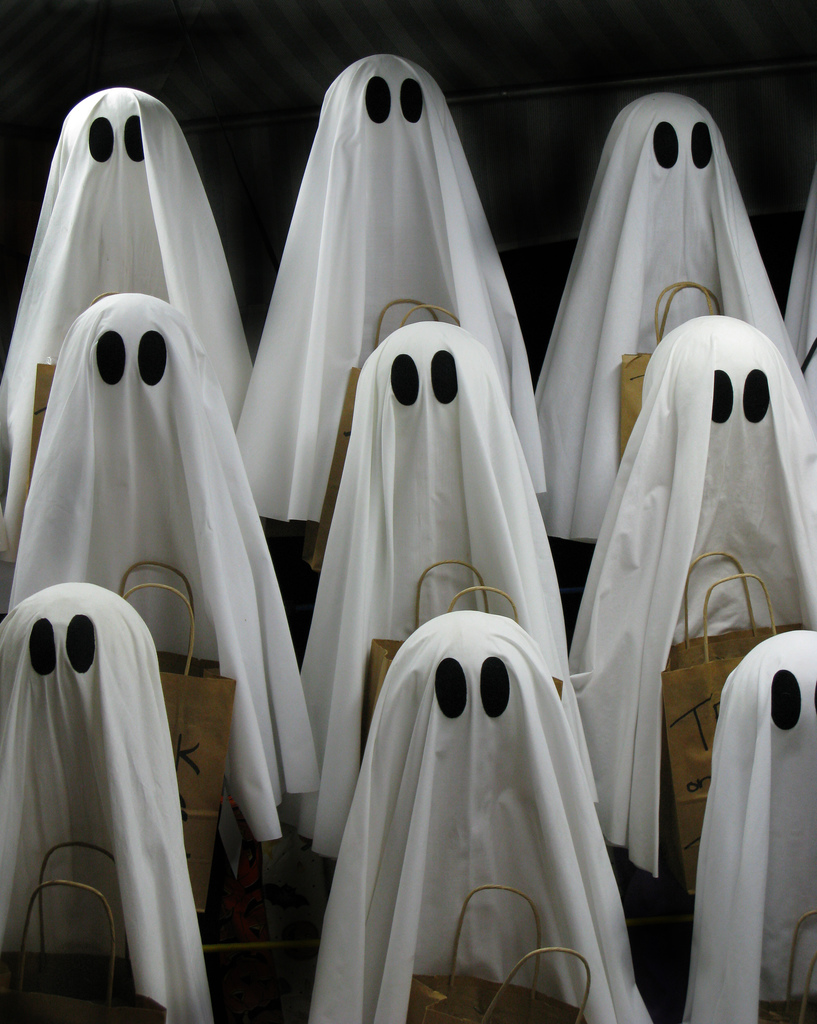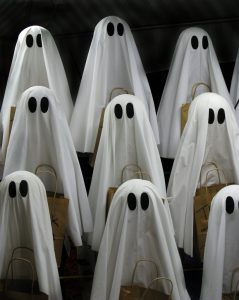Witchcraft Now Out of Stock on Etsy

The online marketplace Etsy has reportedly removed witches selling blessings and curses from its platform.
Etsy is a popular site where people sell handmade and vintage items. The platform’s seller policies generally prohibit people from marketing “metaphysical services” such as healing, spellcasting, prayer, and so on. In other words, Etsy prohibits people from buying or selling prayers, blessings, or curses.
However, Etsy has had trouble with witches marketing curses on its website. Our friends at Axis write:
The conversation about Etsy witches came to a head in September, after the writer of a since-deleted article from Jezebel claimed to have paid Etsy witches to curse Charlie Kirk two days before his assassination (even though the curses were only supposed to involve minor inconveniences). The sale of anything that promises life change has been officially banned from Etsy since 2015 (which would also include selling prayer services)—but according to The Daily Dot, the popularity of Etsy witches has only grown since then. This popularity speaks to a view of spirituality as primarily a means of getting what we want—and to a view of “alternative” spiritual practices offering a greater sense of agency.
We have written before about how popular the occult and its cheap spirituality have become in recent years.
In 2021, “WitchTok” videos on TikTok garnered an astounding 18.7 billion views.
In October of 2017 the news outlet MarketWatch ran a story titled “Why millennials are ditching religion for witchcraft and astrology.” The article highlighted growing interest in the occult among young adults.
CBS News recently reported that astrology has become a $3 billion industry — “and it’s only getting bigger,” they say. In fact, some financial experts estimate that figure could go as high as $22.8 billion worldwide in the next five years.
In Arkansas, pro-abortion witches said they were placing jar hexes and candle curses on pro-lifers after the 2024 Arkansas Abortion Amendment failed to qualify for the ballot. While some people might think that sounds like a weird joke, we have every reason to believe these individuals were serious.
Christians need to remember three things when it comes to witchcraft:
First, that the Bible soundly condemns witchcraft. There is no question about that.
Second, Christianity was birthed in a time when paganism and witchcraft were commonplace. The early apostles encountered the occult on several occasions. — such as Acts chapters 17 and 19. If Christianity could overcome those cultures, Christianity can overcome the present one as well.
And third, only the gospel can give people the spiritual rest they seek. Amid bondage and uncertainty, scripture promises believers freedom and hope.
It’s good to see Etsy removing witchcraft from its platform. This kind of spirituality can’t give people what they are looking for. Only Christ can do that.
Articles appearing on this website are written with the aid of Family Council’s researchers and writers.



 Our friends at the Colson Center for Christian Worldview have released a commentary on the growing interest in the occult among Millennials.
Our friends at the Colson Center for Christian Worldview have released a commentary on the growing interest in the occult among Millennials.